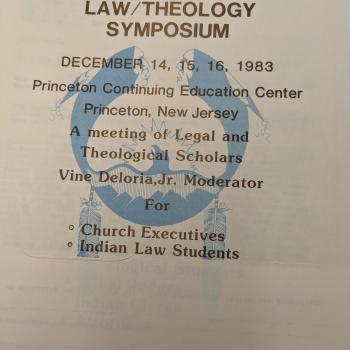My wife and I are not exactly fire-breathing homeschool zealots. Homeschooling is not for everybody, and we have friends in Waco whose kids do just fine in public and private schools. But for us, and for many paleo evangelicals and their fellow travelers, the advantages of homeschooling are quite compelling. Recent reports have suggested that the circle of homeschooling is widening beyond traditional Christians, primarily because many parents are realizing that homeschool is the best educational option for their children. (See my report at WORLD Magazine on this topic.)
As Lisa Miller wrote in a 2012 New York Magazine piece (h/t Rod Dreher), “homeschooling is all too often treated as a monolith: Homeschoolers are either fundamentalists or anarchists, religious extremists or hippies. Rarely, if ever, is it explored as a potential educational setting for so-called “gifted” children–those looking for an academic challenge beyond that which their local educational facilities can provide.” This is just one example of the advantages of homeschooling: it can nimbly account for the strengths and weaknesses of each student.
Rod Dreher writes similarly about his own son’s experience: “He is obsessed with space. . .and our homeschooling situation allows us to let him go as far as his intellect will take him. He does an internship at the Baton Rouge Observatory, and comes home filled with facts and discoveries far beyond the ability of his parents to understand, but that he gets.” We’ve seen similar patterns with our boys. They get plenty of breadth of coverage in science, humanities, and math, but they can run as far as they want with anything that interests them at the time.
I also realized recently that homeschool (done the right way) can help kids see learning as a normal part of life, not something that happens only during government-mandated school hours. A friend was asking about our trip to London earlier this year, and how our kids did with the National Gallery and the British Museum. Were they bored? I realized that our kids would rarely think to complain about “boredom” because going to museums and art galleries just seems normal to them. Going to these museums was not a field trip, or something mom and dad dragged them along to do. Not that they LOVED being there the way they might LOVE “Legoland” or some such thing, but they just see learning as normal and woven into the fabric of family life. They’re content to go to museums; they do not seem to know that it is not “cool.”
Homeschooling is a stellar example of why variety in schooling is essential to strong schools. Kids of different personalities, from different families and different places, have different needs and different learning styles. Contrary to the Federal Department of Education, a one-size fits all education system is crazy. (This is why so many western countries besides the U.S. directly fund public secular AND religious schools, by the way.)
Yes, of course religion is an essential factor in our homeschooling decision, and we love that faith is integrated into their learning in a seamless way. But the flexibility and responsiveness of homeschooling should make sense to parents of all kinds, whether they’re people of faith or not. It’s just good education.
See also my “Do Christian Kids Need Christian Education?” and “Patrick Henry: Homeschooler.”















